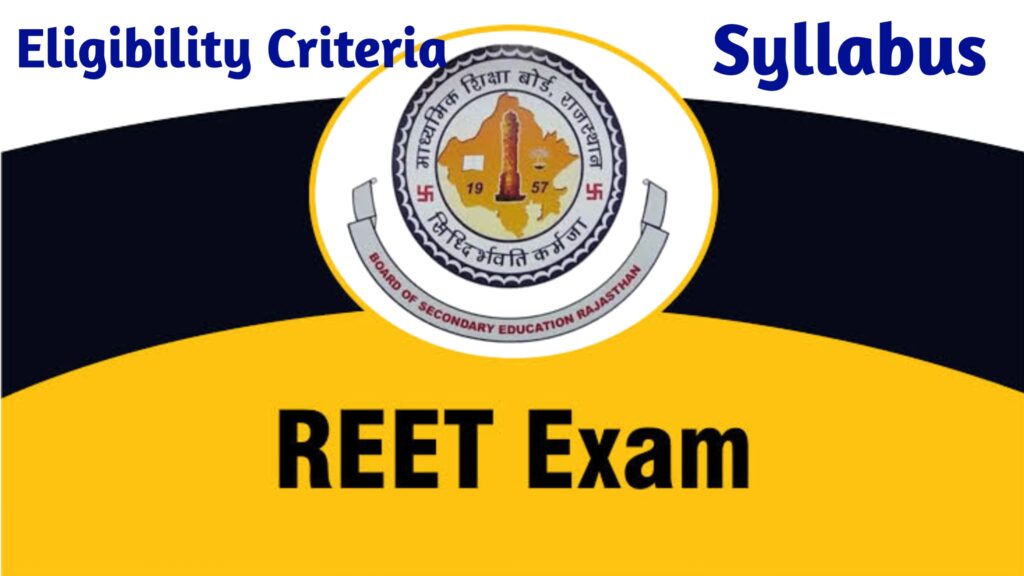Being an ace student can be difficult with all these distractions. Focusing on a task is not easy when students are active on social media frequently, which may affect their attention spans. Moreover, scrolling on social media posts leads to a feeling of instant gratification, which can make students want rapid results with low effort. Of course, this can happen to adults, too, since they check their phones approximately 80 times a day.
Hence, advising students to get motivated and stay focused might not be the best idea. Sometimes, forcing a habit will only make people feel lost and dislike what they’re doing. So, we gathered a few tips on how students can study based on scientific research to get good grades and be present in their social lives.
Repetition is essential, but it can be effortless
Repeating what you’ve written in class or the materials provided by the teacher is one of the oldest ways to study. However, it’s also one of the most annoying because it might only achieve short-term memory, so the knowledge gets easily lost somewhere between the memories.
On the other hand, spaced repetition was tested by H.F. Spitzer, and the results were processed many years after to find the link between time and the amount of information students remember.
Hence, it was concluded that reviewing what has been already learned will be remembered for longer. So, if students have an exam in two weeks, they can learn the material in a few days and review it daily. Still, not every subject can be approached this way, so students might still need online tuition for chemistry, math or physics.
The first and last thing you remember
Another interesting concept introduced by Deese and Kaufman in 1957 is that the brain will remember the first and the last thing learned in a study session. However, the information presented in the middle of the study session will be remembered in a smaller percentage.
So, what students can do to approach this technique is to learn new information at the start of the session and review it at the end, while the middle can be assessed for doing exercises or practical tasks linked with the subject. This also implies the student takes frequent breaks and decreases the time of the study sessions to avoid experiencing poor recall because the mind gets a breath of fresh air, and the student can start again to study complex concepts.
The context matters all the times
Wolfgang Köhler and Hedwig von Restorff analyzed how putting a concept into a different context makes it stand out. This unique finding shows that if someone must remember a list of words that includes an unrelated one, that person will most likely remember the odd word.
Students can try this method if they’re studying in a multidisciplinary way and trying to blend more subjects simultaneously. By putting a concept in a different context, the mind automatically sees it as an intruder and will most likely remember it for longer. For instance, economics and psychology go well together since they address human behavior from different perspectives. Music and foreign languages have much in common, while modern technology is linked with philosophy as it’s often questioned over moral issues.
Procrastination and its underlying effects
Procrastination is one of the most common reasons why students don’t ace their studies. Whether they spend time on social media, binge movies on Netflix or simply have a messy sleeping schedule, students have many ways to procrastinate and put off their daily studying sessions.
However, procrastination has a few side effects besides not being time-efficient and getting stressed. It has been linked with low self-confidence, fear of failure and making poor decisions, which all affect the learning process. Hence, the more students procrastinate, the more likely they’ll have bad grades since they reduce their studying time by overthinking. Although sometimes getting things done in a rush is possible, leading students to believe they will succeed even if they postpone studying, this won’t be efficient in the long term.
Picture-perfect study session
The picture superiority effect was studied intensively over the years, and it has established something we unknowingly realize by now ― that images are easier to remember than text. It seems like the brain is susceptible to visuals and tends to ignore words or sentences compared to
pictures.
This technique hardly applies to all studies but can be a great starting point in a student’s learning session. For instance, they can improve their studies in foreign languages by using flashcards where they write the new word on one side and its translation on the other. These flashcards can also include a small image of the word’s meaning, but children prefer this method.
Sleeping as a study technique
While this isn’t a technique in the real sense, resting properly helps students better remember the information they’ve learned during the day. Most of the time, students study by cramming all the data a few days before the exam, leaving them tired as they avoid sleeping to have more time to study.
However, lack of sleep can reduce the speed at which students remember things and also affect their ability to learn in the future. That’s because the hippocampus, the brain part handling memories, is not able to filter what stays and what goes during the night, so anything recently learned is simply forgotten and considered useless by the hippocampus. Therefore, studying adequately can rarely be done by cutting corners, so all students must sleep before the exam night and during their study sessions.
Bottom line
Having excellent grades is impossible in this fast-paced era, when technology changed immediately around people, impacting their lives directly. From smartphones to all kinds of gadgets, these tools lower our attention span, and students suffer the most from this situation because they can’t seem to focus on their studies. However, there are a few science-based methods through which anyone can ace their studies, and they don’t require any special effort, just initiation.







